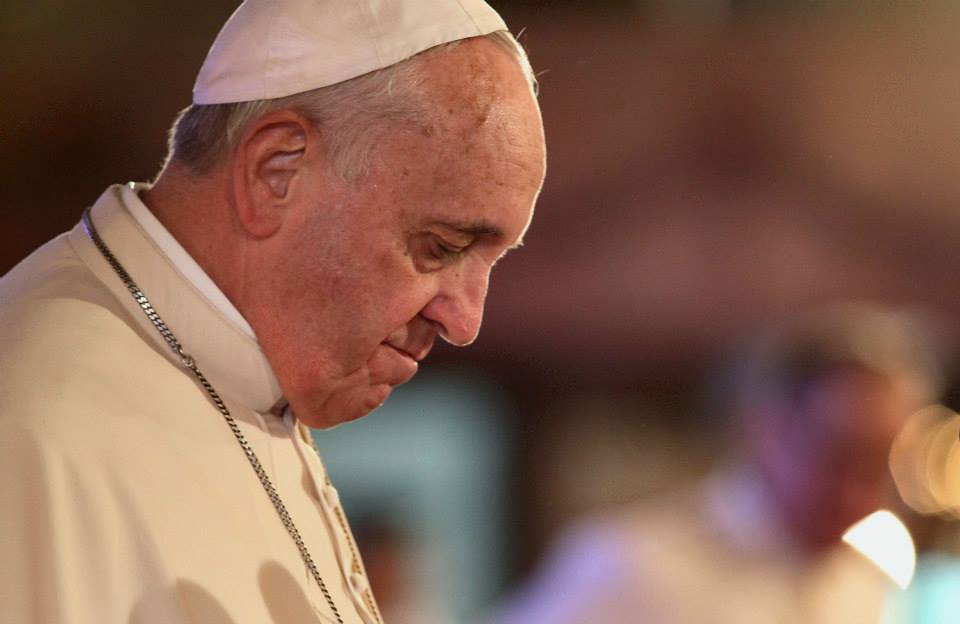In my last series of posts I attempted to demonstrate how different people use the term “gender,” and how while each person is pointing to a genuine conflict that needs to be addressed, the word itself becomes muddled.
This venture was spurred on by a few things. The first was after reflecting on Pope Francis’ words regarding gender theory. (Read What Does Pope Francis Actually Say About Transgender People?). Gender theory is – in Pope Francis’ terms – using gender to completely erase sexual differences and see humanity as a blank slate that can be re-written at will. I wanted to show why I agree with Pope Francis, but also continue the conversation on “gender” not as an ideology, but as a set of experiences we need to discuss.
I was also spurred on by recent medical changes in my life. A few months ago I moved back to my hometown, and I’ve had difficulty finding a new endocrinologist. About two months ago I ran out of my hormone medication, and slowly my body has been reversing some of the effects of transitioning. As my bodily dysphoria has skyrocketed, I’ve been reminded of the difference between my intense, embodied, transsexual condition and the social discomfort of some transgender people I’ve talked to.
My posts could be seen in a certain light as a reaffirmation of gender ideologies, although I hope they’re not. Biological sex is a fact, and it’s one the Catholic Church recognizes. The ways we create worlds of interpretation around biological sex are also the real predicament of human self-awareness, so we can’t stop talking about “gender.” The Church’s Theology of the Body talks about “gender” as much as it talks about sex – the discussion of what meaning stems from sexuality is certainly not what Pope Francis means by gender ideology.

“It is not a healthy attitude which would seek ‘to cancel out sexual difference because it no longer knows how to confront it’.” – Pope Francis, Laudato Si’
Gender deconstructionists ignore sex because the ways we interpret sex are so muddled that they decide to overlook biological realities in favor of emphasizing that social muddiness. Genital essentialists ignore “gender” because they assume that in all cases a person with a penis or vagina is going to conform to the mountain of interpretations we make from their sex. Both sides are denying that there’s an interaction between objective biology and human subjectivity, and that the two are in tandem rather than mutually exclusive terms. I think this tandem is closer to what the Church sees in sex and gender: we are neither simply reproductive animals, nor simply subjective will-o’-the-wisps, but an organic synthesis of that physicality and subjectivity.
In developing a Catholic theology on transgender issues, theologians will need to separate out the different meanings of “gender” and address each as a specific interaction between sex and subjectivity. As long as all the meanings of the word are conflated, we’ll be stuck in these false entrenchments, and people will continue to shout past each other at the malapropos straw man of Gender-is-everything or Gender-is-nothing.
















My understanding is that the point of gender theory is teasing out the essential components of sexual biology from the culturally constructed components of gender. For example, having long hair and using many haircare products isn’t about sex, it is about gender and the social expectations laid on women.
I love gender, but I hate compulsory gender, the rules that say your reproductive biology defines social demands, down to what products you have to buy so you appear a proper woman or a proper man.
Then again, I am not trying to shape my own understandings to align with any religious leader.